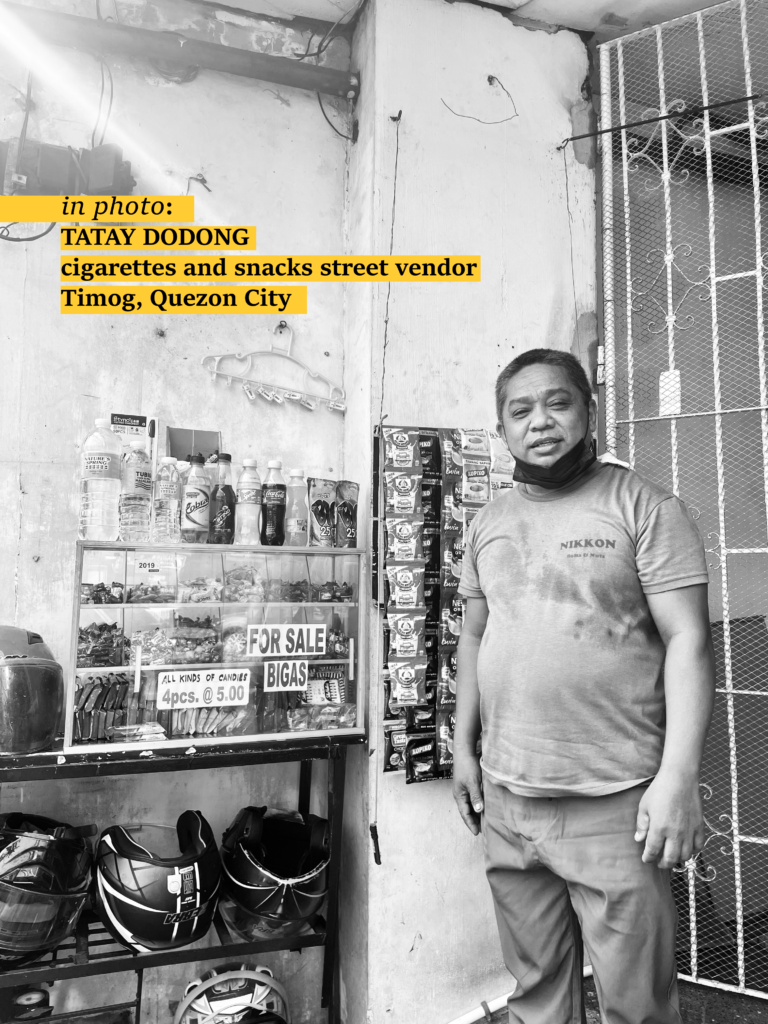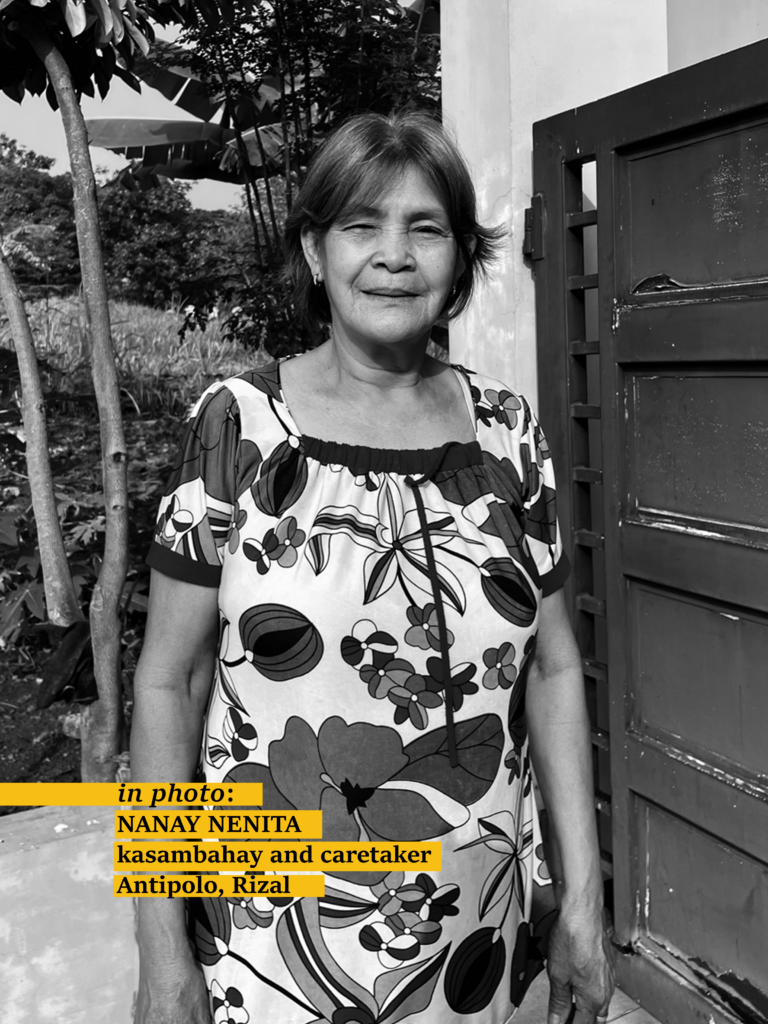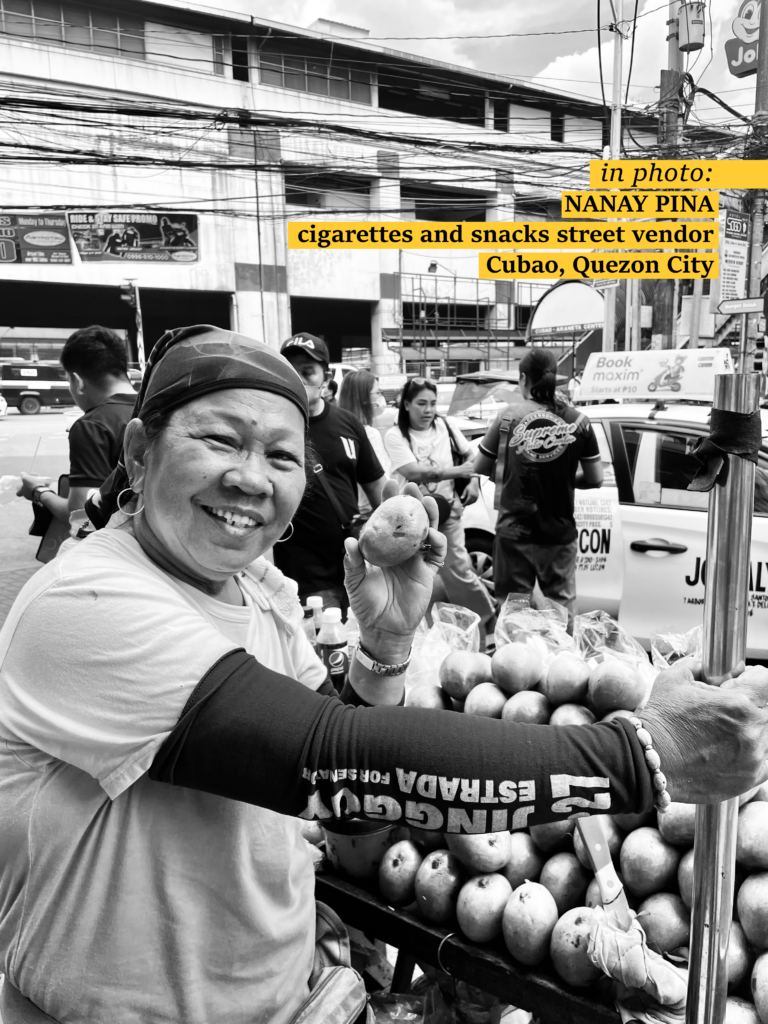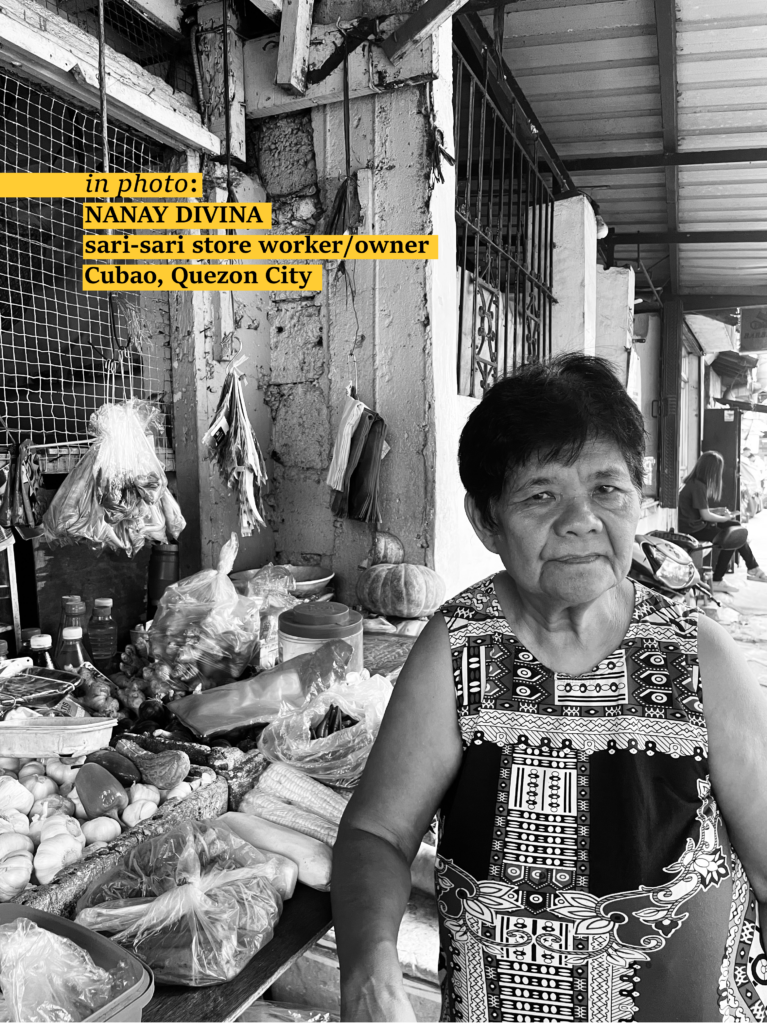Informal workers are Filipinos trying to make a living any way they can. The informal economy is a varied set of odd activities, enterprises, and jobs. Workers here do not receive the mandated salaries and benefits that those in the formal economy are supposed to get, such as wage hikes. Their jobs are normally insecure, vulnerable, and seasonal. They include the self-employed such as small street vendors, tricycle or pedicab drivers, sari-sari store workers, laundromats, and many jeepney drivers and dispatchers, or informally employed such as house help, temporary construction workers, unpaid family workers, and a lot more.
The number of informal workers is increasing as the economic crisis deepens, especially after the excessive lockdowns used to contain the pandemic. Informality is gravely worsening. For instance, the number of those working 40 hours and over fell by a huge 568,000 between December 2022 and March 2023. This decrease in full-time workers means that regular and secure work is becoming even scarcer. Another indication of worsening informality and loss of regular jobs is the decline in wage and salary workers in private establishments which declined by 476,000 to just 23.1 million in March 2023.
IBON estimates that over 21 million or 43.3% of jobs are outright informal work as of March 2023 composed of the self-employed, family farms and businesses, and house help. This is significantly higher than the 16.8 million in January 2020 before the pandemic. Over seven of ten jobs created (71.3%) since January 2020 are in merely self-employment or other informal work.

Tatay Dodong
Just as famous as the celebrities he works with in his GMA-7 neighborhood, Tatay Dodong is known for selling his snacks and cigarettes along Timog Avenue, Quezon City. He assists pedestrians, customers, and employees around the area. We approached Tatay Dodong while he was conversing with other workers–exchanging smiles and laughter, talking about how the day was going and how tiring work is.
Tatay Dodong has sold his snacks and cigarettes for over 3 years in the area, providing food and assistance to anyone who needs it. Tatay has shared that being a street vendor has sustained his family’s needs and wants, most especially his children’s. He however wishes that he can have formal benefits again, hikes in his earnings, and lower prices as well. He laments that high prices have been hard for him, as he has to continuously keep his earnings and spendings on a cycle–getting his capital loan from home credit. Tatay Dodong earns not more than Php1,000 a day, or Php500 on average. “Kulang na kulang talaga ang kinikita sa lahat ng gastusin (Our income is really not enough for all expenses)“, Tatay laments. He spends almost Php500 to give as allowances to his working wife and children, pays his loans, and buy meals from breakfast to dinner. Tay Dodong lives in Marikina but travels to Quezon City (QC) just so he can work. He mentions that in QC, he is able to sell more of his products since he has an established community of customers already and that he was able to acquire his spot due to customers helping him out.
He has also shared that he used to be a formal worker but the pandemic caused him to lose his job and that he used all his earnings to start street vending. He used to have benefits such as SSS, Philhealth, and Pag-ibig–but Tatay Dodong lost these since he became an informal worker.

Nanay Nenita
For Nanay Nenita, a day-to-day routine of being a kasambahay and a caretaker at home involves feeding the dogs, preparing meals, cleaning the house, tending to the garden, and ensuring that the water and electricity bills at home are paid on time, per her amo’s instructions. She has to buy other house needs as well–if there is paint needed, or nails, hammers, and food for the dogs among other things. Nanay shares that the house she is living in right now is her amo’s, who is now residing in the United States but occasionally comes home. She takes care of the house and her grandchildren. Sometimes, family members of her amo would come visit and she would tend to them as well. Nanay Nenita shares that she is somewhat happy with her job–as she has been with her amo for decades now.
Nanay has been a resident of Cogeo, Rizal since she started her own family. She has been the kasambahay of her amo who lives in Metro Manila –far from her actual home and her family. Nanay remarked that it has been a tedious job but that she has to work in order to sustain her and her grandchildren’s everyday needs. Nanay earns Php7,000 per month, with which she has to pay for food, toiletries, transportation, and her grandchildren’s allowances for school. This is why even at 67, Nanay Nenita continues to work. She laments about her husband’s passing away so she had to be a single mom for quite some time too. Nanay has never received formal benefits and her wage is hiked only upon her employer’s bidding. Nanay Nenita says that she wishes to go back home to her own family too. Despite her longing, Nanay happily interacts with us. When it was time to part, she said she aspires for the lowering of prices and to have benefits as well.

Tatay Rommel
We were able to reach Tatay Rommel at the jeepney terminal area in Cubao. The jeeps travel from Cubao to Quezon City Hall, some reaching as far as Fairview. Each jeep leaves as early as 4 in the morning, goes through a good deal of Quezon City, goes back to the terminal, leaves again, and the cycle goes on until late in the evening. All throughout the cycle is Tatay Rommel. As the dispatcher and barker of the terminal, he takes care of the inventory of jeeps, of passengers, and the everyday records of the terminal and jots them down on a small whiteboard that hung by a small wired fence. He is also the one who calls out passengers and directs them where to ride. He would check on the jeepney drivers ask them if their route has been difficult.
We asked Tatay Rommel how he’s doing with his work. He responds with a cheery demeanor, ready to go through the day. “Favorite naman yan (He’s a favorite anyway),“ one jeepney drivers spoke. Tatay Rommel laughs and says he only knows how to do the job well because he has been doing it for quite some time now. Tatay shares with us how he only started out as a dispatcher 3 years ago and before that, he was actually a fish vendor in the local wet market in Cubao. Pay was too low then so he decided to try out and be a dispatcher. He says it’s okay, earning Php300 a day on average. This amount supports him, his wife, and his youngest child left at home. Tatay Rommel was irked that his Php300 barely suffices for each day. “Kulang na kulang talaga lalong lalo na’t napakamahal ng bilihin (The amount is really not enough especially that prices are so high)“. He also does not receive any form of benefits and has not received much ayuda. He wishes that prices could be lowered. He also aspires for increased earnings.

Nanay Pina
For Nanay Pina, the peanuts, mangoes, coolers, and cigarettes that she sells at the thoroughfare by Arayat, Cubao, are the way to her son’s release from prison; her grandchildren’s ticket to school; and her children’s food and other needs for everyday. She says that she still dreams of having her own house constructed–made out of cement, no matter how small, remarking “Wala namang imposible diba? (Nothing’s impossible, right?)“. Despite the heat and noise encapsulating the area, Nanay Pina shares with us with a big smile on her face how she feels good selling her products that have been sustaining her family for almost her whole life. From her Php3,000 average earning per day, Nanay Pina pays Php1,000 everyday to her capital loan of 5-6; spends Php800 pesos on her family’s daily meals from breakfast, lunch, to dinner; gives allowances to her grandchildren for school; and pays rent and other bills covering almost a thousand pesos. Whatever she has left, she saves for her son in prison.
We ask Nanay if what she earns is enough for her family. As she wipes away her sweat and gives a smirk, Nanay Pina remarks how she works hard everyday to make it work, no matter how hard a day can get, by tirelessly calling and inviting customers to taste her mangoes and coolers. Just like any other informal worker, Nanay Pina has never received any form of formal benefits, whether it be Philhealth, SSS, or Pag-ibig, nor even a pension. She has only received ayuda twice during the pandemic, but after some time, she stopped receiving it and she had to go on with her usual work. Nanay Pina also shares with us how she wishes they can experience having the benefits of a formal worker as well–saying how they spend just as much hours, exhaustion, blood, and sweat for every day. She also said that they do not have the means to send any of the children to the hospital when the need arises.
As parting words, Nanay shares with us how she wishes her health and life remain good as she gets older so she can still work more and more for her family. “Humihirit ako na sana humaba pa buhay ko dahil 62 na ako (I am praying for more years of life since I’m already 62)“, Nanay Pina says. As the smoke-filled roads and blistering heat of Arayat rage on, Nanay Pina carefully does inventory for her sales this afternoon.

Nanay Divina
Bustling with customers vying to buy some chicken, sayote, carrots, and other vegetables–Nanay Divina calmly responds to each and every one of them–moving around, packing things in plastic, and counting change to give back. The customers would usually say goodbye and mano po to Nanay Divina–letting her know that they’ll be back soon.
Now 68 years old, Nanay Divina Quezon has been working in their own sari-sari store since she was a little girl–when her father was still the one managing it. When he passed away in 1996, the store was left to Nanay Divina. Ever since then, this has been their source of livelihood for decades on end. The chicken, binagoongan, ginisang sayote, softdrinks and other food have enabled her to send her children to school, pay their electricity, water, and rent, and are sustaining her and her sick husband’s medication, required diet and everyday needs.
“Forever na kasi yung sakit niya eh, kaya itong kinikita namin ang sumusuporta sa mga gamot niya (His illness is chronic so what we earn goes to his medicines)“, remarks Nanay Divina. She shares to us how she utilizes the Php500 she earns in a day on average from her sari-sari store. Similar to other informal workers and vendors, Nanay Divina makes a daily payment to her capital loan of 5-6 and does not receive any formal benefits such as from the Social Security System (SSS), PhilHealth, Pag-ibig, and the like. Aside from the medicines, Nanay Divina spends extra on her husband’s meals since he is not allowed an ordinary person’s usual diet due to his ailment.
Asked what she could wish for, Nanay Divina shares to us how she wishes prices would go down so sourcing her supply wouldn’t be as expensive, and that more of her earnings could go to her husband’s maintenance medicines and food. Restricted but definitely not interrupted by her age, Nanay Divina adjusts her apron accordingly and arranges her vegetables neatly in a tray–giving us a blessing just right after our conversation has concluded. “Bili kayo sa sunod sa akin (Next time buy from me)“, Nanay Divina smiles as she tends to more customers.
